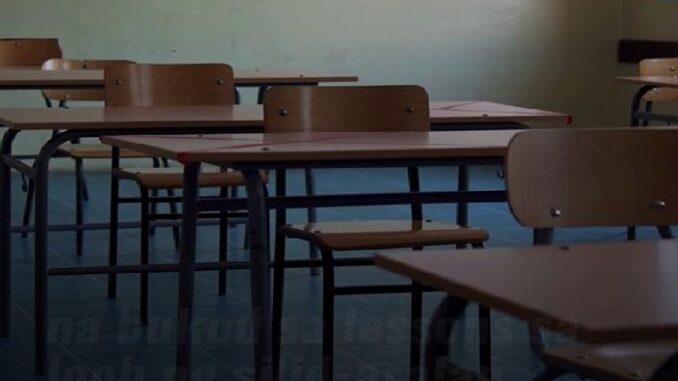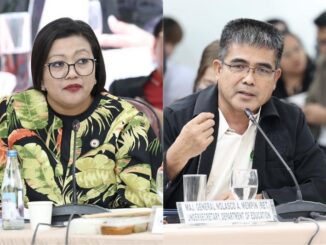
House Basic Education Committee Chairperson and Pasig lawmaker Roman Romulo on Sunday said that the law discontinuing the use of the mother tongue as a medium of instruction from kindergarten to grade 3 could help improve the quality of education in the country.
In an ambush interview, the House leader underscored the importance of ensuring that education is being delivered through languages that are most familiar to the learners.
“‘Yung pag-lift ng mandatory nature ng mother tongue, ‘pag inisip natin mahalaga siya. Bakit? Kasi sa Pilipinas po, we have about 180 languages, ‘di ba? And then we have 19 major languages,” he said.
(The lifting of the mandatory nature of the mother tongue is important. Why? Because in the Philippines, we have about 180 languages and we have 19 major languages.)
“Sa totoo, kung sana, ay medyo mas konti, medyo monolingual tayo, maaaring maganda sana. Pero sa dami po natin lengwahe, kailangan natin siguraduhin na ‘yung quality of education makamit natin,” he added.
(Actually, if we have fewer languages and we’re a bit monolingual, it would have been good. But with our many languages, we need to make sure that we still achieve quality of education.)
The proposed measure which seeks to cease the use of mother tongue for kinder to grade 3 and provide for its optional implementation in monolingual classes lapsed into law on Saturday without President Ferdinand “Bongbong” Marcos Jr.’s signature.
With Republic Act No. 12027, the medium of instruction shall revert to Filipino and, until otherwise provided by law, English.
Meanwhile, the regional languages shall serve as auxiliary media of instruction.
Romulo said that reading comprehension is crucial for young learners, thus the need for them to understand what is being taught to them.
“May mga lugar po tayo, alam natin ang totoo, kunwari po sa ibang lugar natin, sa Bicol o sa Cebu, talagang medyo may mga nagsasalita rin po doon ng iba-ibang languages,” he said.
(We know the truth— we have some areas, for example in Bicol or in Cebu, where people actually speak different languages.)
“Meron tayong mga teacher na magagaling na nagma-migrate po sa iba-iba nating probinsya. Kailangan po talaga na siguraduhin natin na common na po ‘yung tinuturo natin para masigurado natin may maintindihan. Reading comprehension po ang importante,” he continued.
(We also have good teachers who migrate to different provinces. We really need to make sure that what they are teaching is common so that we can ensure that the learners understand. Reading comprehension is important.) —RF, GMA Integrated News





Be the first to comment